Television Reporter Duane Pohlman Speaks to Journalism Class
On Dec. 2, Duane Pohlman, anchor and investigative reporter at WKRC TV in Cincinnati and father of Beachcomber writer Tyler Pohlman, spoke to the journalism class about the importance of investigative journalism in a democratic society.
“This is a really important part of what we do in America,” Pohlman said, holding up a newspaper. “We are paid to be the eyes and ears of the public.”
Pohlman stressed that in order to be a good journalist one has to be looking for the truth and not headlines. He also explained the difference between reporting and journalism.
“Reporting is seeing it and saying it,” he said. “Journalism, [however], means I’ve got to use my head and explain it for those who can’t ask.”
At the same time, Pohlman concedes that investigative journalism is not an easy job.
“You are not in a popularity contest, and you will not be liked,” he said. “The truth can be dangerous and scary to people.”
He told students that he has lived in 11 different cities in his career and has had 7 loaded guns pointed at his head. He has walked through minefields and been forced to hire security protection from white supremacists.
Many reporters fail to see the most vital parts of a story. Nothing escapes our attention as much as the obvious.
— WKRC anchor and investigative reporter Duane Pohlman
Pohlman also stressed the importance of opening our eyes to the stories hiding in plain sight.
“Many reporters fail to see the most vital parts of a story,” he said. “Nothing escapes our attention as much as the obvious.”
Referencing his own story of the the OSU attack, Pohlman explained that the attacker’s neighbor was completely ignored by other news outlets, and that she had known the attacker.
“Anyone can [have an extraordinary story],” Pohlman stressed.
Freshman James Flowers was inspired.
“I feel like I’ll go more in depth with interviews and ask more difficult questions,” he said. “I’ve gained a lot of respect for Mr. Pohlman.”
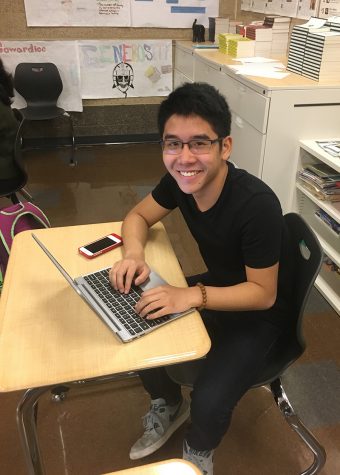
Nam Nguyen has been writing for The Beachcomber since the fall of 2015. He reports on a variety of topics in the school and community. Nam has covered...



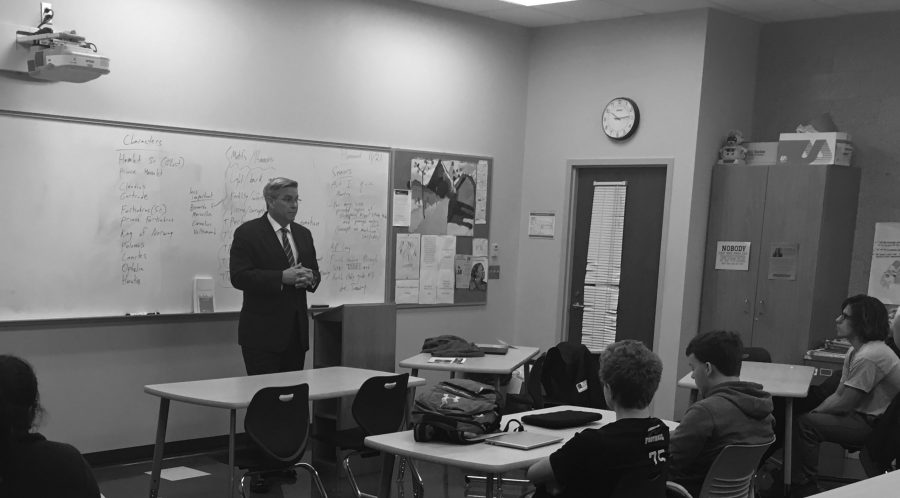
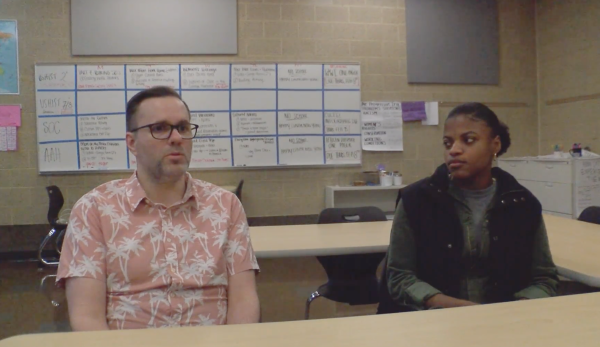
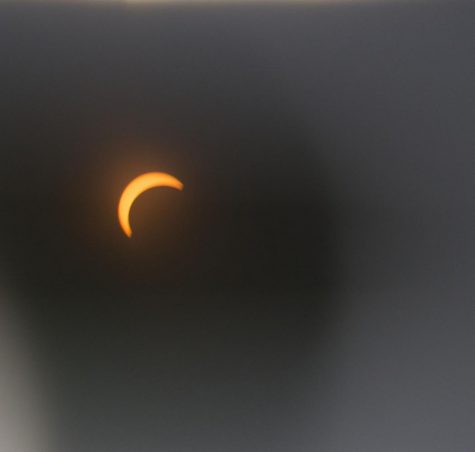
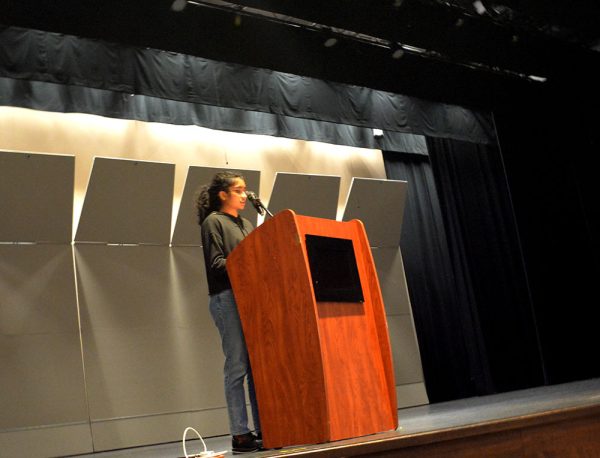


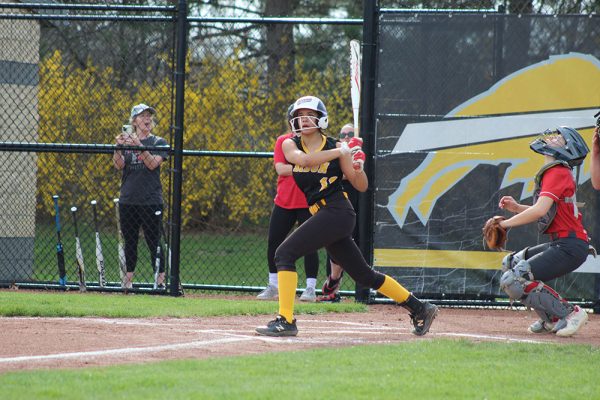
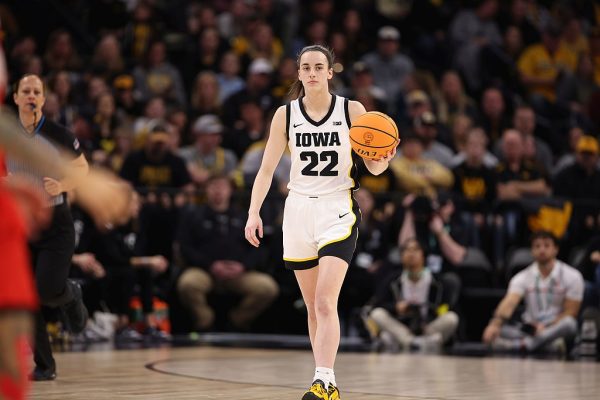
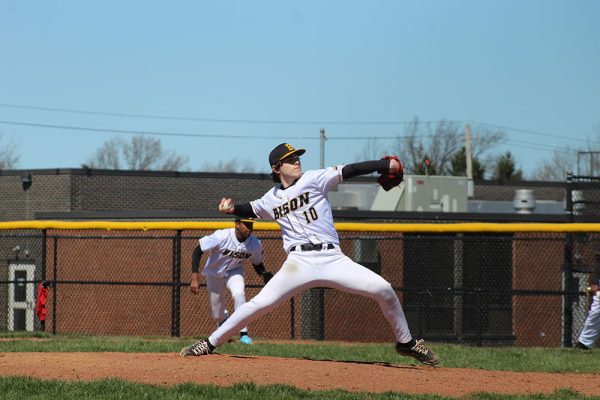






Jo Anne woods • Dec 9, 2016 at 5:38 PM
Duane, sounds like Tyler is going to follow in some very large shoes. I agree with you on investigative reporting. Nothing is more confusing or aggravating than to hear a story being reported and feeling that the meat of the story is being left out because the reporter didn’t dig deep enough. Anyone can report a story but it takes someone who isn’t satisfied until the who and why of every inch of that story have all the questions answered. That’s why you’re such a great investigative reporter. You don’t settle for anything less. Wlky and Louisville lost possibly the best investigative reporter easily within the last several decades. Hopefully in time, Tyler will follow in your footsteps.